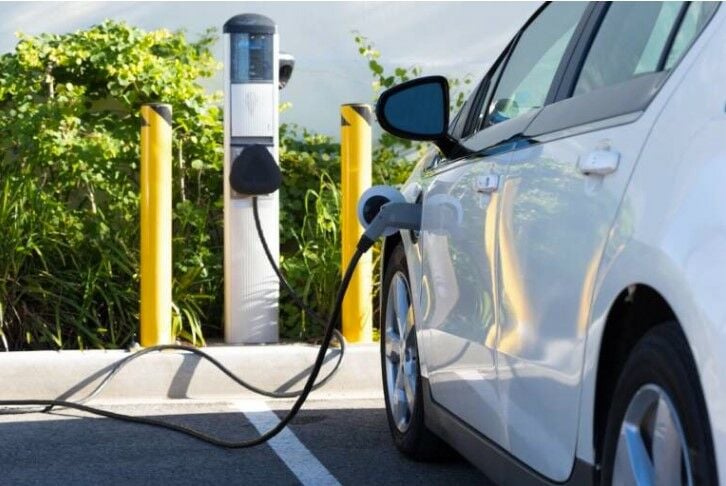Thailand’s future electric vehicles industry workforce

Thailand’s Ministry of Higher Education, Science, Research and Innovation (MHESI) is gearing up to sculpt a formidable workforce of over 150,000 individuals poised to dominate the electric vehicle (EV) industry within the next five years.
This electrifying initiative forms the nucleus of the ministry’s holistic strategy aimed at supercharging Thailand’s EV ecosystem.
The ministry’s blueprint, announced with much fanfare, is engineered to propel the kingdom towards its ambitious target of electrifying 30% of the nation’s vehicle production by 2030, thereby accelerating the drive towards a greener automotive landscape. This translates to a staggering mandate of manufacturing approximately 725,000 EVs and 675,000 electric motorcycles within the next decade.
Leveraging a tripartite approach, the ministry’s strategic trifecta encompasses human resource development in the EV sector, integration of EV fleets across government agencies, and a fervent push towards innovation. With a laser focus on academia, the ministry pledges unwavering support to universities and higher educational institutes, churning out a crop of graduates adept in EV software design, maintenance, and charging station management.
An initial wave of 5,000 skilled workers is slated to roll out this year, with the workforce swelling to an impressive 150,000 by the end of the five-year timeline. In tandem with this surge, the ministry has decreed that 30% of all vehicles utilised by agencies under its purview will be electric within the same timeframe.
In a bid to energise campuses and embrace sustainability, the ministry is spearheading a green revolution, urging universities to transition to renewable energy and cultivate eco-conscious campuses, reported The Nation.
Further underlining its commitment to technological prowess, the ministry has enlisted the Thailand Science Research and Innovation Institute to spearhead cutting-edge research initiatives. These ventures will focus on bolstering the nation’s industrial capacity in the EV sector and pioneering groundbreaking technologies for EV manufacturing and componentry.
In related news, the Federation of Thai Industries expressed confidence in the transformative potential of the new EV incentive packages, anticipating a significant boost to investment in the automotive sector and related businesses. As Thailand strives for sustainable economic growth and enhanced competitiveness, surges in investment are vital, particularly in the targeted S-curve industries encompassing next-generation vehicles.
Latest Thailand News
Follow The Thaiger on Google News:


























